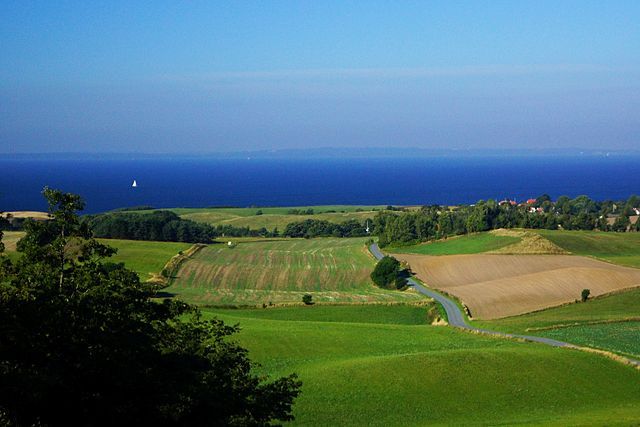Denmark is lagging behind the rest of the EU when it comes to creating nature areas.
While other countries are busily converting abandoned farmland into nature areas, Denmark has created fewer such areas than any other EU country.
“In Denmark, we are both poorer and more provincial in our approach to nature than in other European countries,” Rasmus Ejrnæs, a senior researcher at the Department of Bioscience at Aarhus University, told Information.
“It is remarkable that the Netherlands, which is even more densely populated than Denmark, has set aside more nature areas.”
READ MORE: Sitting in a tin can, and profiting from them too
Legislation doesn’t seem to help
The latest figures from Nationalt Center for Miljø og Energi (DCE), the national centre for the environment and energy, reveal that since Naturbeskyttelsesloven (nature protection act) was enacted in 1992, less land has been protected than before.
Eight percent of Denmark’s total land area is zoned as protected under the EU’s Natura 2000 guidelines. That is less than any other European state. The Netherlands has almost 13 percent, and the EU average is 18 percent.
READ MORE: Government to transform agriculture into natural habitat
A lot of farmland
Other nature areas are protected by Danish law, so a total of 13.5 percent of Danish land is estimated to be wilderness areas.
Over half of the country’s land is used for agriculture purposes. Some 57 percent is farmland, according to the World Bank. However, according to the Danish nature agency, Naturstyrelsen, the proportion is 64 percent
“I am not surprised by the proportion of nature areas,” said Eva Kjer Hansen, the environmental minister. “Denmark is a densely populated country with much of its land used for agriculture.”
READ MORE: Government unveils Danish coastal projects
Hansen said that Denmark ranks highly when it comes to the protection of marine areas.














